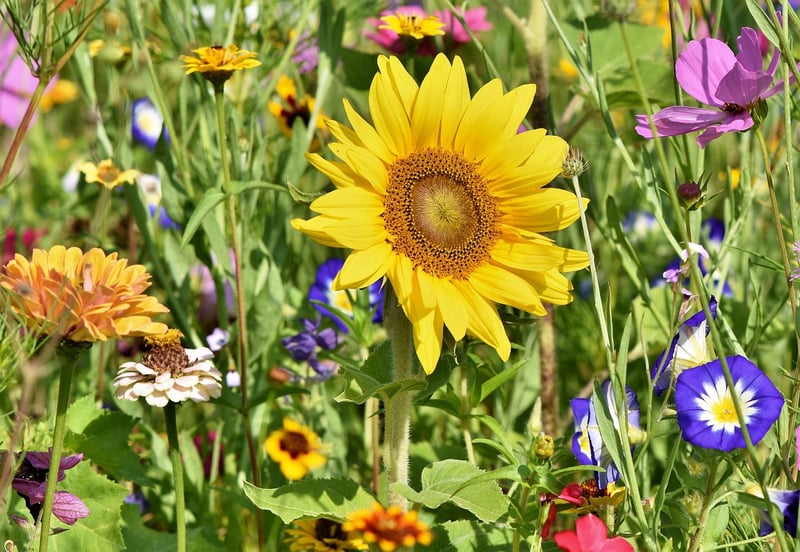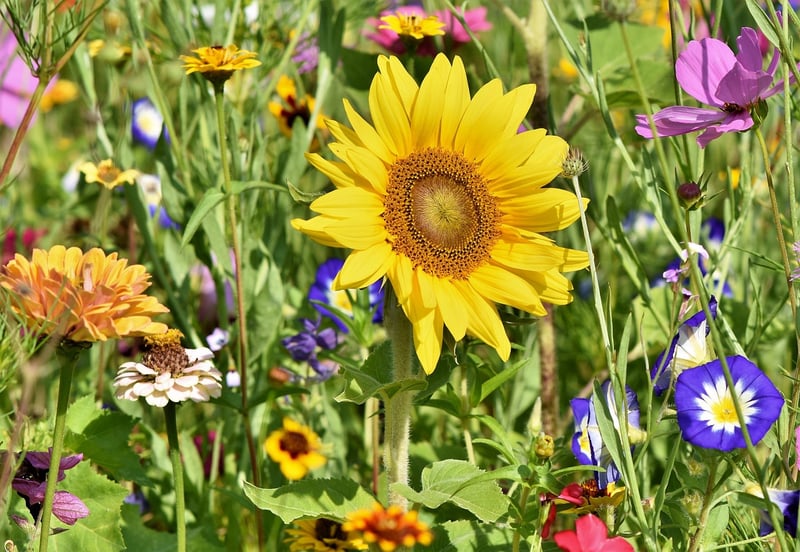Soil Requirements
Essential Advice for Successful Cultivation
Introduction
Successful cultivation requires careful planning and attention to detail. Whether you are a seasoned gardener or just starting out, following these essential tips can help you achieve a thriving garden.
1. Choose the Right Plants
Before you start planting, research which plants are suitable for your climate and soil type. Select plants that are well-suited to your garden's conditions to ensure they thrive.
2. Provide Adequate Sunlight
Most plants require sunlight to grow and flourish. Ensure your garden gets an adequate amount of sunlight each day based on the sunlight requirements of the plants you have chosen.
3. Water Properly
Watering is crucial for plant growth. Be mindful of each plant's water needs and ensure they receive the right amount of water. Overwatering or underwatering can harm your plants.
4. Use Quality Soil
Soil quality is essential for plant health. Choose a well-draining soil rich in nutrients to provide your plants with the necessary foundation for growth.
Soil Requirements
1. Soil pH Level
Most plants prefer a neutral pH level between 6.0 and 7.0. Test your soil's pH and amend it if necessary to create an optimal growing environment for your plants.
2. Soil Texture
Good soil texture is crucial for plant root development. Ensure your soil is loose and well-aerated to allow roots to penetrate easily and access nutrients.
3. Nutrient Content
Plants require essential nutrients like nitrogen, phosphorus, and potassium for healthy growth. Consider using organic matter or fertilizers to supplement your soil with these nutrients.
4. Drainage
Proper drainage is essential to prevent waterlogging, which can lead to root rot. Ensure your soil has adequate drainage to allow excess water to escape easily.
Conclusion
By following these essential tips for successful cultivation and paying attention to your soil requirements, you can create a vibrant and thriving garden that will bring you joy for years to come.


